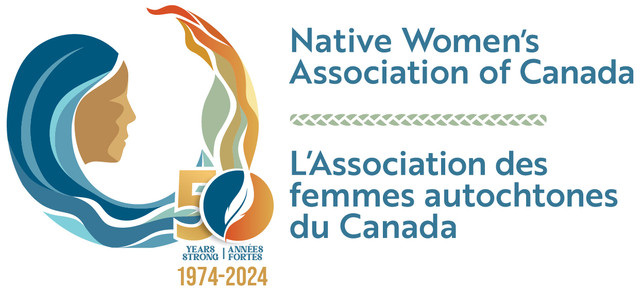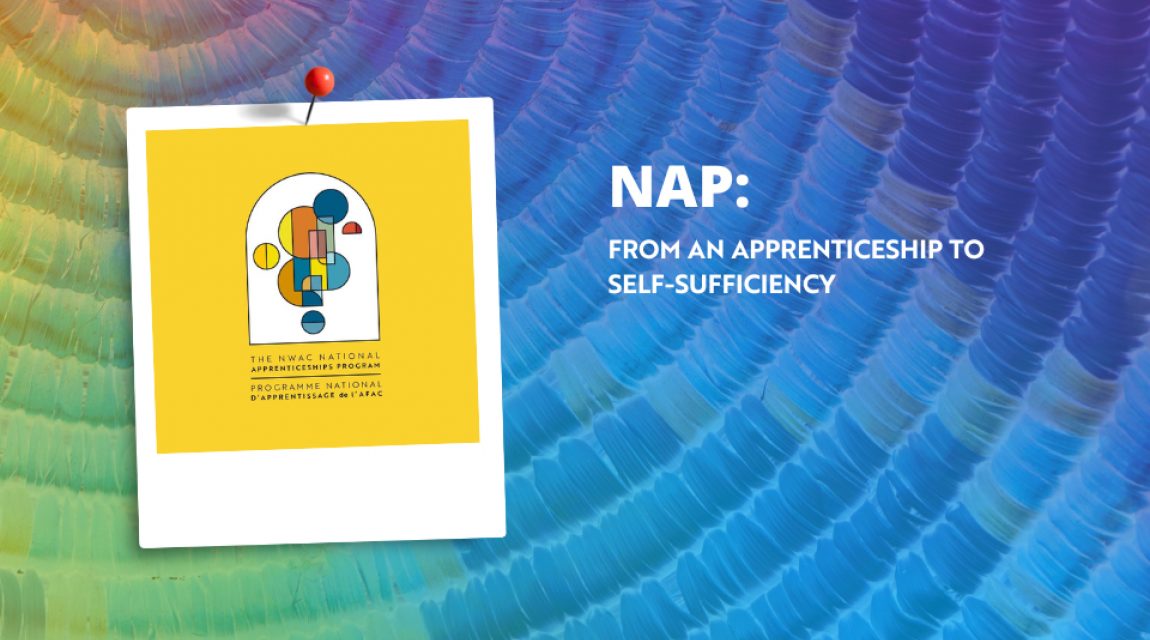Diversity and Inclusion are evolving concepts that encourage people to bring different worldviews and perspectives to a workplace. When people can be themselves, they feel respected, valued, and connected in an inclusive environment. NAP is a step toward inclusive hiring by increasing the number of Indigenous WG2STGD+ apprentices, where they are under-represented.
Moreover, any recruitment process starts with building relationships, partnering with the community, and training agents. Building someone’s trust is the highest barrier to Indigenous employment. Creating a true commitment between the company and the applicant is at the heart of this program.
Thus, NAP is not a job placement program as such, but an advocacy exercise to place individuals on a career path that begins with an apprenticeship and ends with self-sufficiency. NWAC’s focus is on long-term career development in industries where the future is promising. Trade jobs are stable, secure, and high paying; the demand for skilled workers is high; and many self-employment opportunities await


